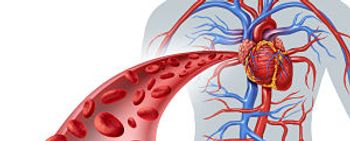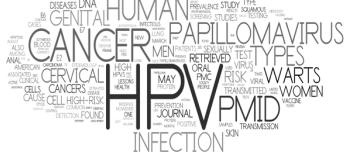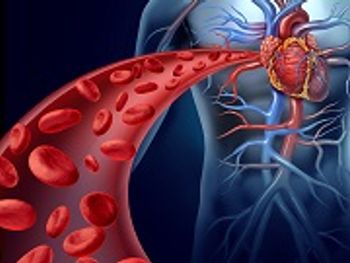
Pharmacists improve care for patients in many settings, especially for diabetes.

Pharmacists improve care for patients in many settings, especially for diabetes.

The CDC recommends the shingles vaccine for people aged 60 years or older.

The likelihood of developing shingles triples at age 65 and its repercussions are significantly more serious than in younger adults. For this reason, the CDC has recommended the shingles vaccine for people aged 60 years or older since 2006.

Pharmacists are slowly changing the way they deliver their services. Previous professional literature has demonstrated pharmacists' potential through studies of how clinical pharmacists improve care for patients in many settings, especially for diabetes.

Researchers from Brigham and Women’s Hospital and Harvard University in Boston, MA, set out to determine if melatonin secretion predicts myocardial infarction.

Reduced reimbursements, Medicare Part D, and the Affordable Care Act have stimulated pharmacies to offer a broader palette of services.

Highly active antiretroviral therapy (HAART) prolongs survival for patients with HIV, but increases the risk for other chronic diseases.

Older people who have cytomegalovirus (CMV, β-herpesvirus HHV5) seem to have less robust responses to the trivalent influenza vaccine than those who do not have CMV.

Much research and literature has been devoted to cardiovascular diseases, neurocognitive diseases, and neuroendocrine dysfunction in the aging patient with HIV, but cancer in patients with HIV is also a growing concern.

Human papilloma virus (HPV) causes about 31,000 cancers in women and men (and 4,000 deaths in women) annually.

Reduced reimbursements, Medicare Part D, and the Affordable Care Act have stimulated pharmacies to offer a broader palette of services.

Reduced reimbursements, Medicare Part D, and the Affordable Care Act have stimulated pharmacies to offer a broader palette of services.

Low health literacy, financial instability, and lack of social support promote poor adherence.

Poor medication adherence contributes to 125,000 deaths annually, causes up to half of all treatment failures, and costs the US healthcare system $100 billion each year.

Adolescent females need a wide variety of nutrients for proper development, especially bone health. Neither plant-based food (even if protein-rich) nor dairy products alone provide the necessary range of nutrients.

Human papillomavirus (HPV) causes 30,700 cervical, anal, oropharyngeal, penile, and vaginal/vulvar cancer cases annually. Multiple vaccines are available to combat at least the main oncogenic strains 16 and 18 that cause 90% of cancer cases.

Chronic diseases in the United States have a tremendous economic burden. Thirty-four percent of the economic burden of diabetes is attributed to the privately insured population.

With peak flu season approaching, pharmacists are gearing up to help care for patients infected with influenza.

With the many agents available for highly active antiretroviral therapy (HAART), selecting the best regimen in HAART-naïve patients is not an easy task.

Dietary deficiencies may contribute to inflammatory bowel diseases, including Crohn's disease and ulcerative colitis.

Inflammatory bowel diseases (IBDs), which include Crohn's disease and ulcerative colitis, are chronic immune disorders. To date, researchers have been unable to determine their etiology, but have not ruled out dietary deficiencies as potential pathogenic contributors.

The Advisory Committee on Immunization Practices (ACIP) recommends all children aged 6 months through 8 years receive 2 influenza vaccine doses during their first vaccination season to ensure adequate immune response.

HIV has been an epidemic for 30 years. Initially, the health system relied on behavioral interventions to slow the spread of the virus.

Zinc's major role in metabolism, endocrine regulation, immune response, and normal growth and development in humans has been well documented.

Clinicians rely on a limited number of drugs to help patients with type 2 diabetes.

For decades, clinicians relied on a limited number of drugs, including sulfonylureas and metformin, to help patients with type 2 diabetes. However, in the past 20 years, an increasing number of glucose-lowering drugs for diabetes treatment have become available.

Heart failure patients are much more likely to have diabetes than the general population.

The incidence of heart failure is increasing as the world's population ages and the rates of other, often comorbid, diseases (eg, diabetes, heart disease, obesity) increase.

Broad-spectrum HIV-targeting monoclonal antibodies may lead to a cure for HIV in the future.

Successful highly active antiretroviral therapy (HAART) has allowed the long-term effects of HIV infection and chronic medication toxicity to become the primary cause of death and disability. However, HIV-positive patients are at greater risk for cardiovascular disease and cancers due to excessive inflammation, and HAART does not eliminate HIV-related inflammation even if the patient adheres to treatment perfectly.